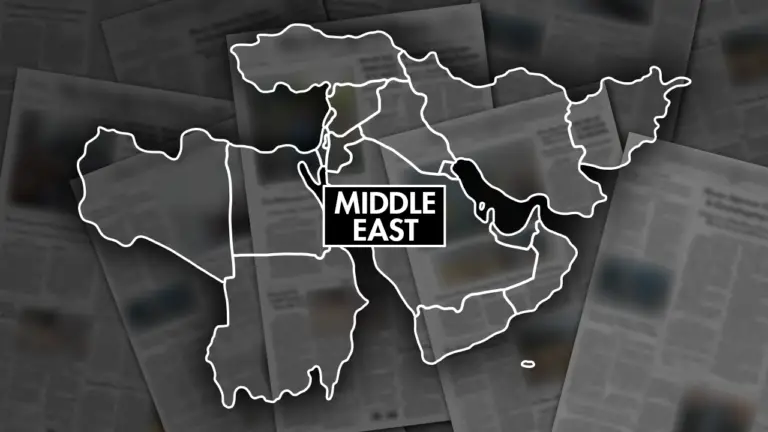Sudan and Iran Reestablish Diplomatic Ties after Seven-Year Break
In a recent joint statement, Sudan and Iran have officially announced the rekindling of their diplomatic relations, marking the end of a seven-year estrangement. The decision signals a significant shift in international relations and holds the promise of future cooperation.
This hiatus in diplomatic relations began in 2016 when Khartoum severed ties with Tehran. The catalyst for this move was a tumultuous event in Iran, where protesters stormed the Saudi Arabian embassy in response to the execution of a prominent Shiite cleric, alongside 46 others. This incident led to a rupture in Saudi-Iranian relations and prompted Sudan, which was then a staunch ally of Saudi Arabia, to cut its own diplomatic ties with Iran.
During this time, Sudan played a vital role in supporting Saudi Arabia by deploying its troops to combat the Iran-backed Houthi rebels in Yemen, further escalating the tensions between the two nations.
The recent development, however, shows a different course. Sudan’s Ministry of Foreign Affairs announced in an online statement that both countries have committed to the necessary steps for the reopening of embassies in each other’s territories.
This positive shift was preceded by a historic meeting in July between Iran’s Foreign Minister, Hossein Amir-Abdollahian, and his Sudanese counterpart, Ali al-Sadiq, held in the Azerbaijani capital of Baku. This meeting marked the first known high-level encounter between the two nations since 2016.
“The two sides agreed to enhance cooperation on different areas which can fulfill the interests of both nations and ensure security and stability in the region,” Iranian state media stated in a parallel release.
This move towards reconciliation follows another significant development in the Middle East: the reestablishment of diplomatic relations between regional adversaries Saudi Arabia and Iran, brokered by China, earlier this year.
In a related note, Sudan has been grappling with internal strife since mid-April, with ongoing clashes between the country’s military, led by General Abdel Fattah Burhan, and the paramilitary Rapid Support Forces, under the command of General Mohamed Hamden Dagalo. Tragically, the conflict has resulted in the loss of at least 5,000 lives and left over 12,000 wounded, according to figures from the United Nations. However, local activists and medical groups in Sudan contend that the actual numbers are significantly higher.

